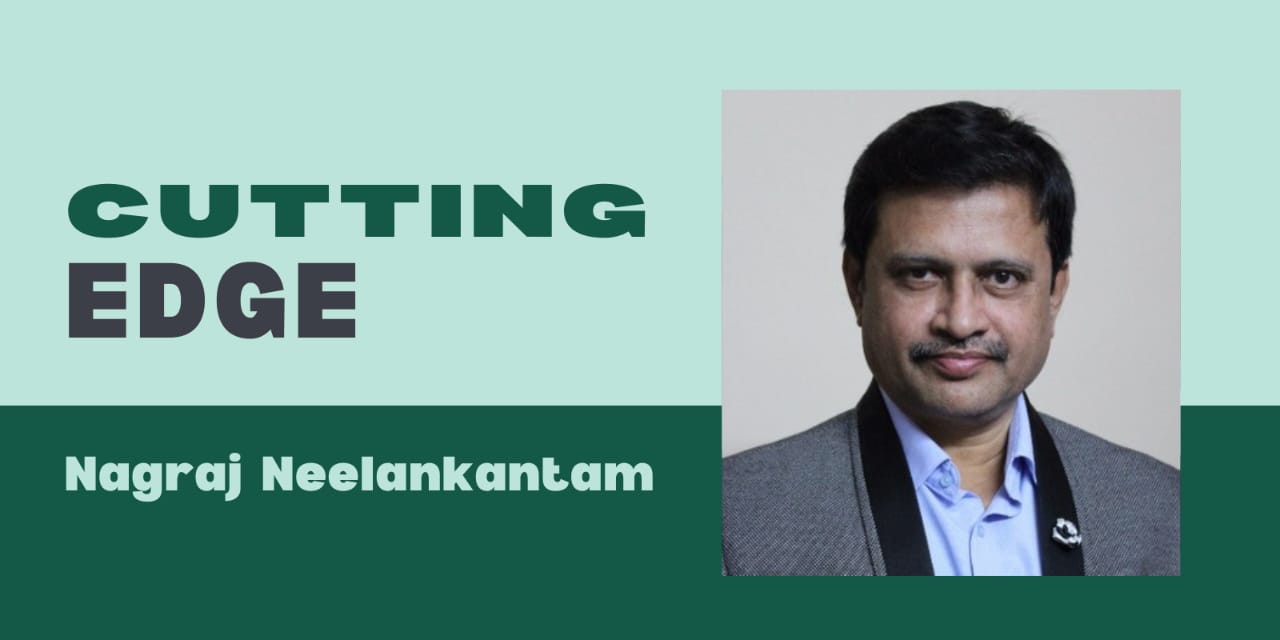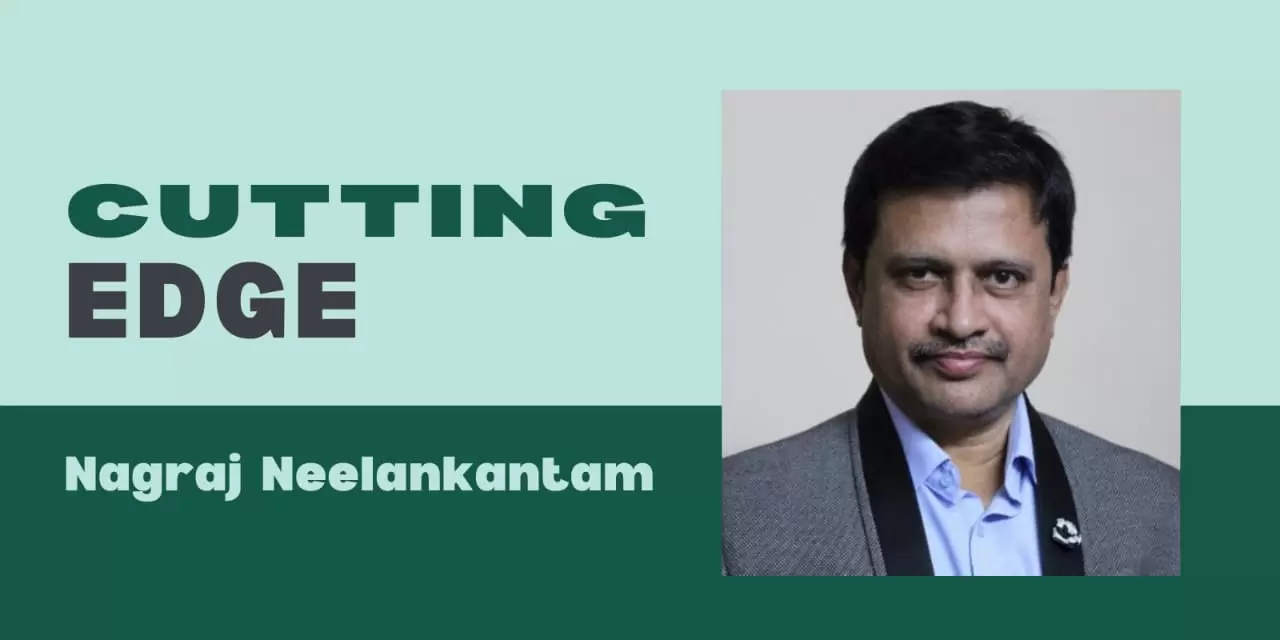Wars, much like wildfires, begin with a spark but often consume far more than anyone imagined. What began in Ukraine as a conflict over sovereignty has grown into a prolonged blaze—fed not only by weapons and money but also by the political ambitions of world powers. In this unending storm, the ordinary Ukrainian family—children in dimly lit basements, elders forced from homes, young men and women drafted into battle—bears the deepest scars. As the war drags on, the path forward seems less about military victories and more about rediscovering the political will to survive as a nation.
From the earliest days of NATO’s expansion, the spectre of Russia has been held up as a looming threat to Europe. It is a story told and retold, binding nations under a shield that has often seemed more about American leadership than genuine European security. Today, Ukraine has become the frontline of this narrative—its cities and fields serving as the backdrop for a contest in which Western leaders measure their relevance. The rhetoric of freedom and democracy cloaks a harsher truth: the fear of Russian dominance has been as profitable as it has been political, sustaining arms industries and reinforcing old hierarchies.
The costs of such strategies are becoming harder to disguise. Across the Atlantic, Western governments wrestle with crises closer to home—rising living costs, fragile economies, and growing public disillusionment. Citizens increasingly question why billions are channelled into fuelling conflict abroad while health systems, schools, and energy security at home falter. A few countries, notably the United Kingdom and Canada, are beginning to re-examine their positions, tilting toward policies that prioritise national welfare over distant entanglements. Yet most of Europe, still tethered to U.S. influence, remains trapped in the inertia of old doctrines.

Within this frame stands President Volodymyr Zelensky, a figure who rose to global prominence on promises of resilience. To many Ukrainians, however, his leadership has become a paradox. Publicly, he speaks of peace, yet the continued influx of Western support keeps his government wedded to a military path. This dependence has hardened positions and narrowed options. The result is a nation exhausted by bombardment, displacement, and the quiet erosion of its economy. What began as a defence of sovereignty risks turning into an endless cycle—where Ukraine’s survival is secondary to the strategies of others.
Behind headlines of aid packages and battlefield gains lies a quieter devastation. Families scatter across borders, unsure if they will ever return. Hospitals face shortages, schools sit half-empty, and small towns echo with silence where once there was life. The nation’s economic pulse has weakened, with industries disrupted and infrastructure reduced to rubble worth billions. The ripple extends beyond Ukraine—Europe grapples with rising energy costs and inflation, while global supply chains strain under the pressure. In this sense, the war is not confined to one nation’s suffering; it is a shared burden pressing on households far removed from the frontline.

There is, however, a possibility that offers both dignity and choice: fresh elections. Re-elections would allow Ukrainians to reclaim agency in shaping their future, free from foreign patronage and political inertia. It is a call not for surrender but for renewal—a chance to choose leadership committed not to endless war but to negotiation and rebuilding. Even President Putin has voiced support for this path, though his motives remain suspect. Regardless, the power of such a reset lies in giving Ukraine’s people—not outside powers—the voice to decide what peace should look like.
Beyond Ukraine, the global order itself is shifting. Nations of the Global South, led by voices like India, are building alternatives rooted in cooperation rather than fear. India’s investment in its defence capabilities and Prime Minister Narendra Modi’s vision of “One Family, One World, One Health” offer a glimpse of a multipolar future—an era where nations safeguard sovereignty while choosing dialogue over domination. Ukraine, too, could embrace such a path, stepping away from its role as a proxy battlefield and into a role as an independent, sovereign actor in a more balanced world.

Ukraine today stands at a crossroads where every delay deepens suffering. The war has already claimed too much—lives, homes, futures—and continuing on the current trajectory ensures only more of the same. Yet through political renewal, there remains hope. Fresh elections could reset the narrative, opening space for a peace that is chosen, not imposed, and a sovereignty that is lived, not promised.
The story of Ukraine need not remain one of endless destruction. It could yet become one of resilience—of a people who, when offered the choice, turned away from being pawns in a global game and chose instead to rebuild their homeland with dignity and hope. In that choice lies not only the salvation of Ukraine but also a lesson for a world searching for balance: true strength lies not in domination, but in the courage to renew.






